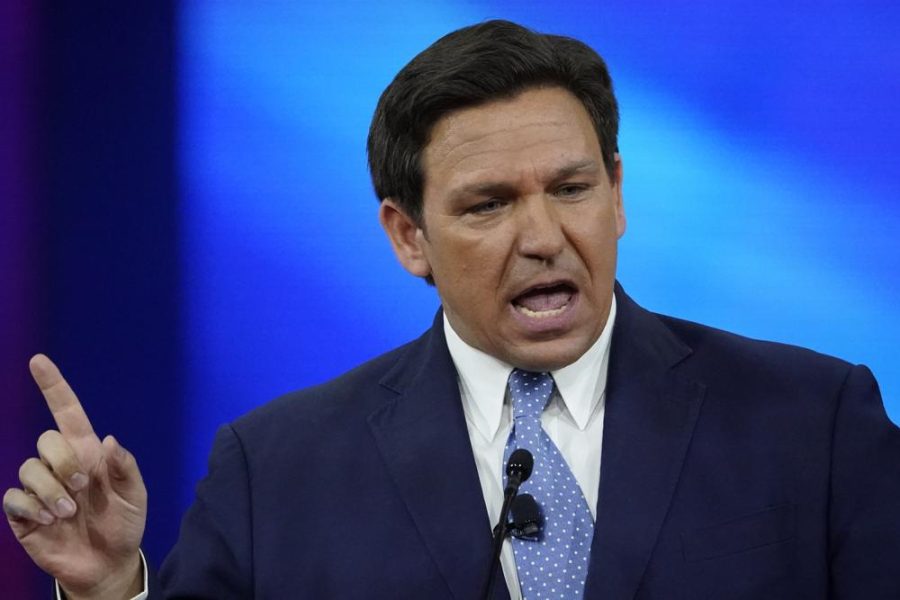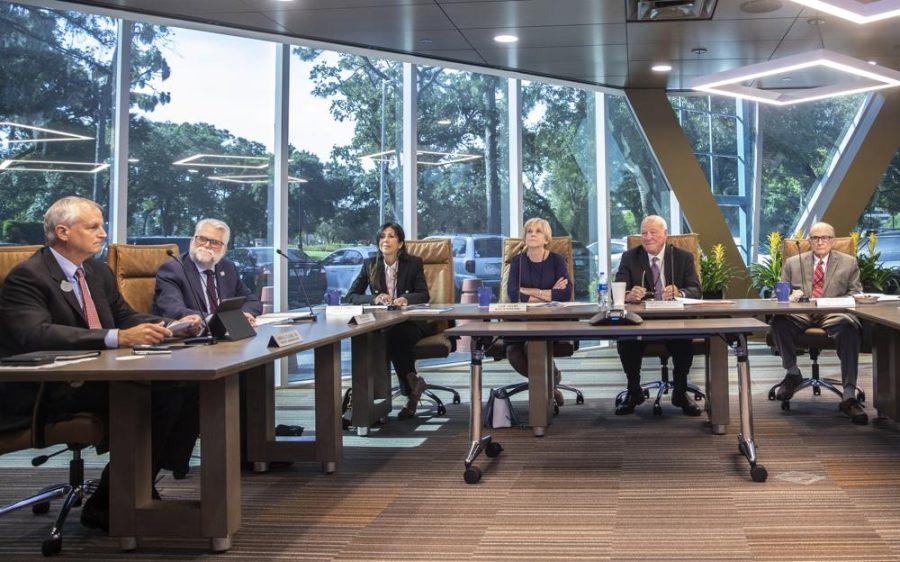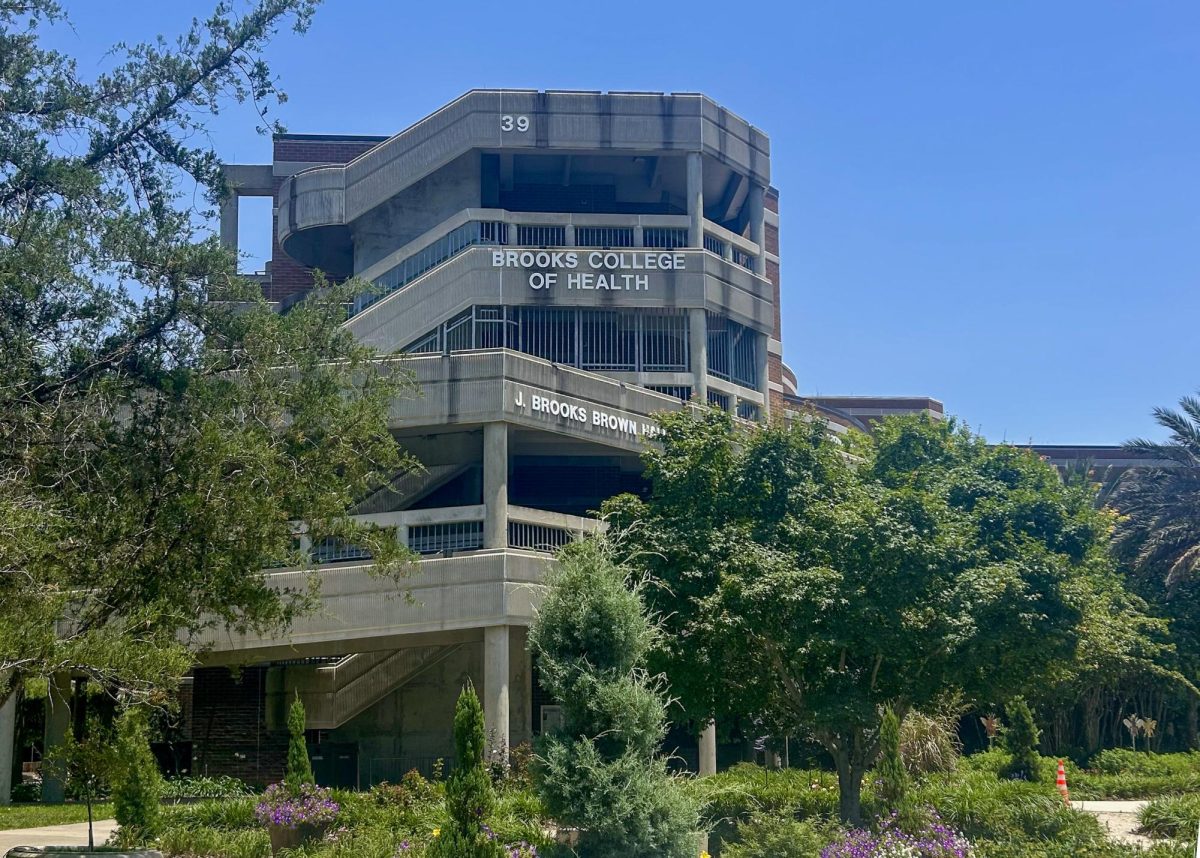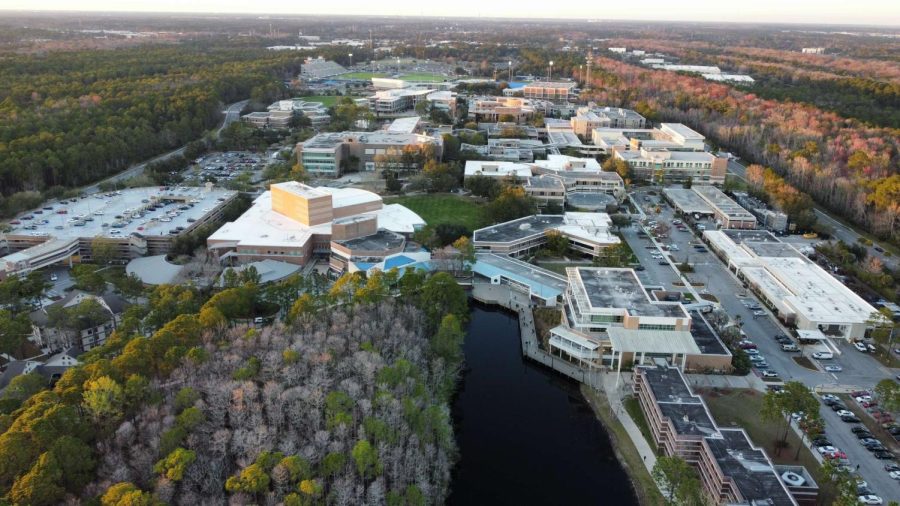Disagreements between Florida Governor Ron DeSantis and The Walt Disney Company sparked after the Parental Rights in Education,’ or as critics have renamed it, the “Don’t Say Gay” bill, was signed by DeSantis in March.
Following the enactment was a series of backlash and criticism from groups and individuals across the board, including the Walt Disney Company. After initially remaining silent, Disney officials eventually voiced their support for repealing the bill in a statement:
“Florida’s HB 1557, also known as the ‘Don’t Say Gay’ bill should never have passed and should never have been signed into law. Our goal as a company is for this law to be repealed […]”
DeSantis remained defiant, charging back at Disney.
“You’re a corporation based in Burbank, California, and you’re going to martial your economic might to attack the parents of my state? We view that as provocation,” DeSantis said during an event at a Hialeah Gardens charter school.

Then, on April 22, after taking just a few days to be introduced and approved through the Senate and House of Representatives, DeSantis signed three bills, one concerning abolishing independent special districts across Florida, including Walt Disney’s Reedy Creek Improvement District.
By eliminating these districts, DeSantis revoked a special tax privilege allowing Walt Disney Company to govern its land and levy taxes for fire, police, medical services and other additions without requiring the traditional approval from the local government.
In the dissolution of the district, Orange and Osceola counties will assume the responsibility to provide those public services because Disney World and related services span both.
Disputes and questions remain regarding who would assume the approximate $1 billion in company debt. “There are economic problems that this bill will create,” UNF political science professor Sean Freeder said. “The first is if this special district doesn’t exist anymore, the two counties that otherwise would own this land, they’re now on the hook for all the taxpayer dollars that go into funding these things which they previously didn’t have to do. So, the counties are probably going to have to turn around if this is successful and raise the taxes for those living in the counties.”
The law’s description states, “It is not the understanding or expectation for SB 4-C, abolishing independent special districts, to cause any tax increase for the residents of any area of Florida.”
It also explains that additional legislation will be proposed to ensure “transparency and an even level playing field under the law.”
But other concerns are raised from the Florida Senate’s financial impact analysis of the bill that contradicts DeSantis which states,
“When there is a dissolution of a special district government, the special district transfers the title to all property owned by the preexisting special district to the local general-purpose government, either a county or municipality, which shall also assume all indebtedness of the preexisting special district.”

Professor Freeder also explained how the bill will spell out potential consequences for Disney’s neighboring counties. “The second problem is that Disney currently, through that special district, owes a lot of money back to people who have offered them money, about a billion dollars that they have borrowed that at some point has to be returned to those people,” he said. “The problem is that legally, it’s totally not sure right now who is actually responsible for paying this back.”
While Disney and local counties won’t see effects until June 2023, the bill does allow the districts to be reestablished, so negotiations are possible for Disney and legislation.
___
For more information or news tips, or if you see an error in this story or have any compliments or concerns, contact editor@unfspinnaker.com.
















